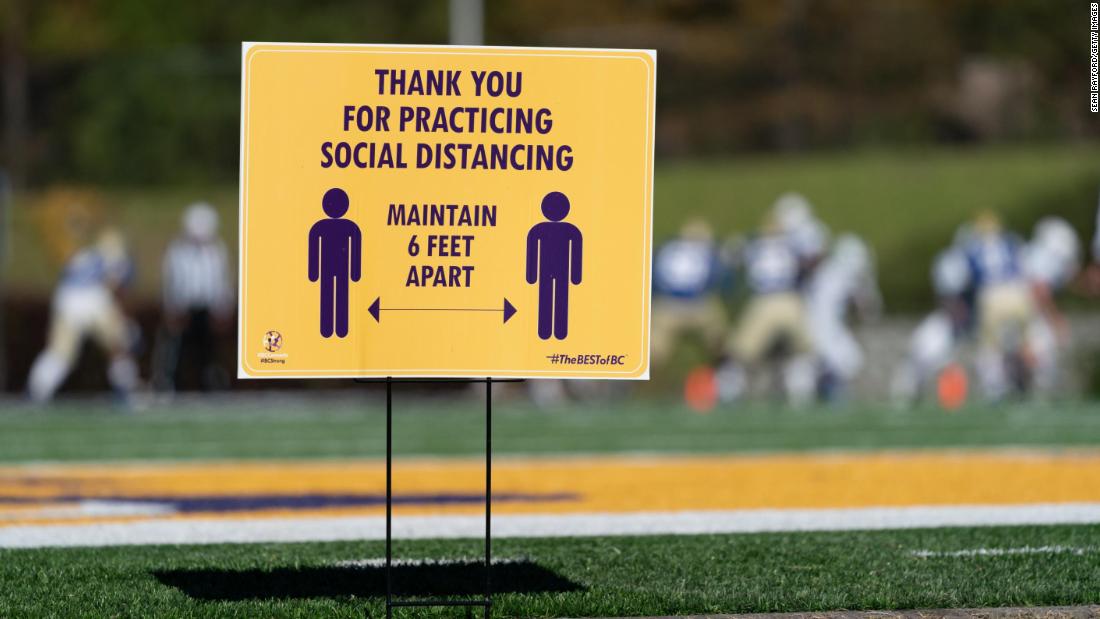Multisystemic inflammatory syndrome (MIS-C) in children is a worrying complication of Covid-19 infection that can cause heart damage and usually appears about three weeks after a child has been infected. Many cases of MIS-C follow a Covid-19 infection without symptoms.
Although children are much less likely than adults to be hospitalized or die from Covid-19, children are just as likely to be infected as adults.
About 2.68 million children in the United States tested positive for the virus by January 21, according to the American Academy of Pediatrics, and the number of infections has recently increased. Last week alone, 165,480 new cases of children were identified through testing, the report said. This represents a 16% increase in childhood cases of Covid-19 in two weeks. Children represent 12.7% of all cases in the USA.
The CDC reports that, by the end of December, there were reports of 1,659 cases of MIS-C.
If Covid-19 variants are more contagious, then there is a chance that there may be more instances of MIS-C, but the CDC said it does not yet have the evidence to determine whether the variants are leading to more cases.
“All I can say now is that we don’t know,” said Dr. Angela Campbell, CDC official of the Influenza Division, at a meeting of the CDC’s Immunization Practices Advisory Committee.
“We are very interested in this issue,” said Campbell.
The CDC is “certainly concerned” about the variants and encourages public health departments to be vigilant about the cases, Campbell added. She said the CDC heard from a handful of states that said they are seeing more cases of MIS-C, but it is not clear whether this is due to the general increase in Covid-19 cases or if it is related to the variant.
“It’s just not possible to find that out now,” said Campbell.
MIS-C disproportionately affected black children. There is a six times higher incidence of MIS-C among black children compared to white children. Hispanic children are four times more likely to develop MIS-C and children in the Asian Pacific islands are three times more likely to develop the disease than white children, Campbell said.
Children recover with immediate treatment. The CDC advises parents or caregivers to contact a doctor immediately if their children experience fever, abdominal pain, vomiting, diarrhea, neck pain, rash, red eyes or extra tiredness.
